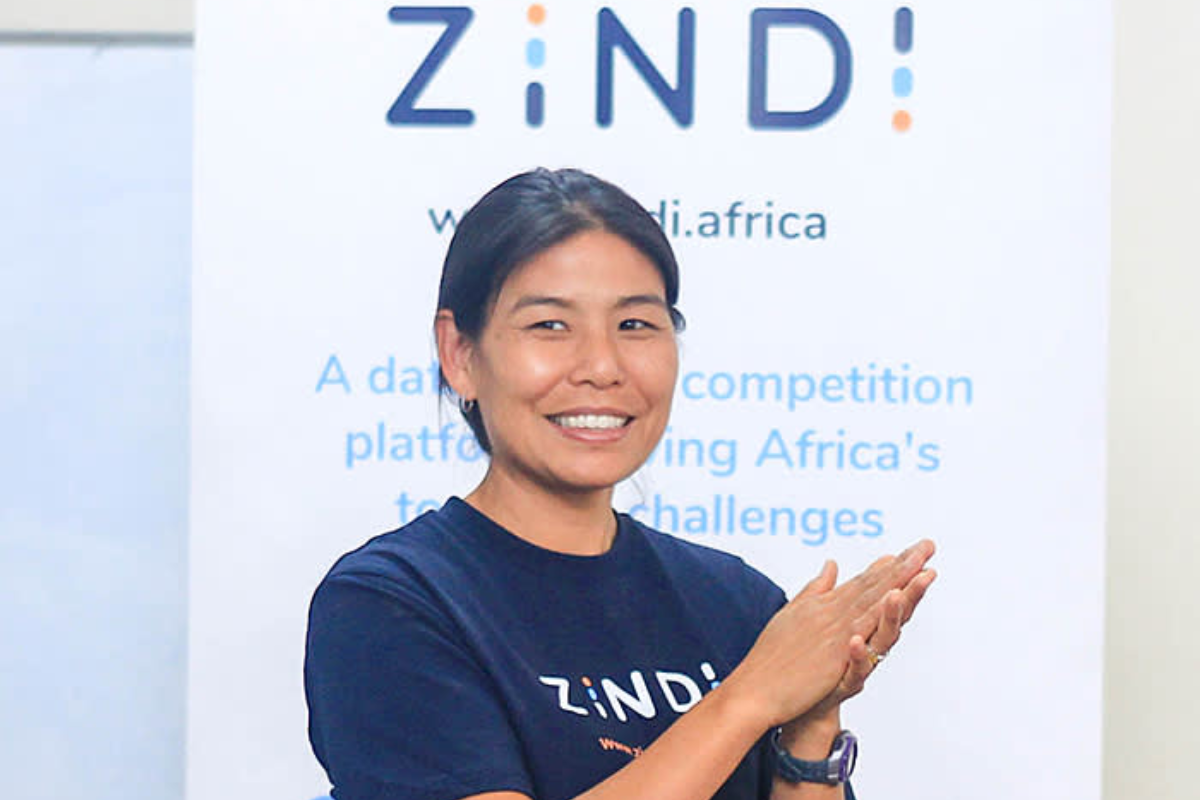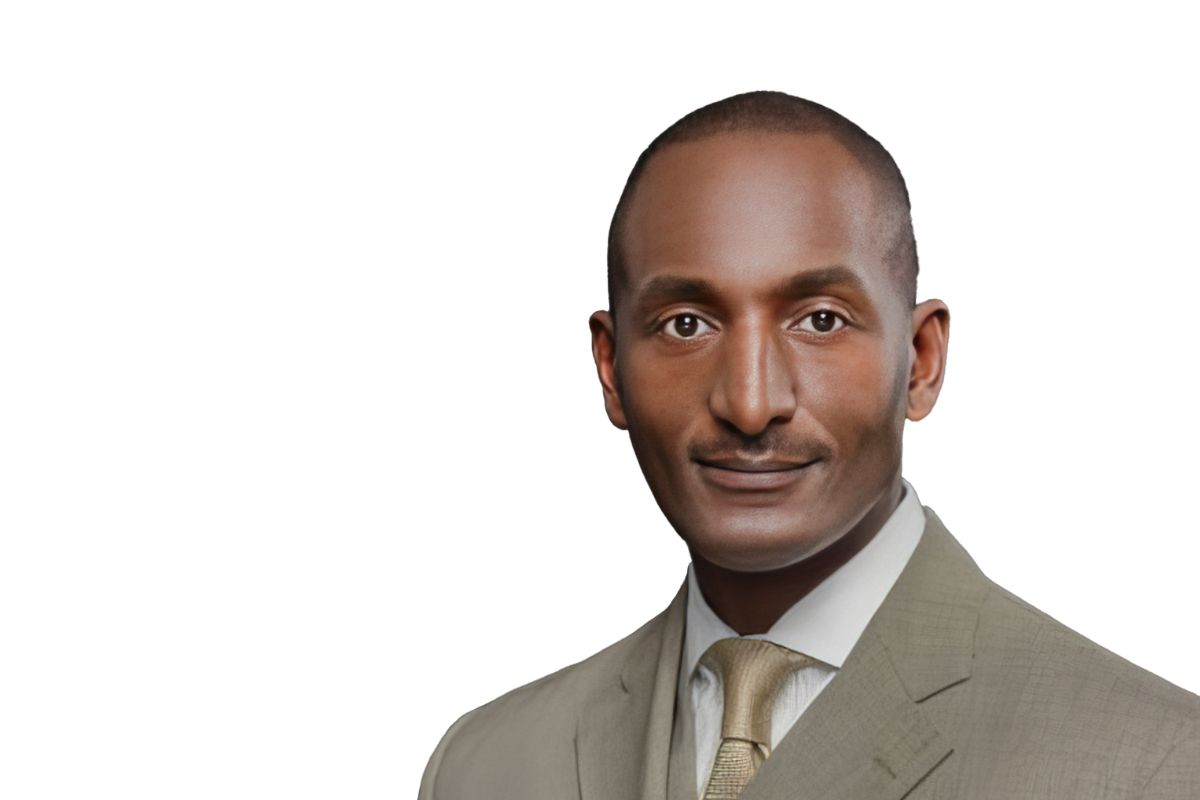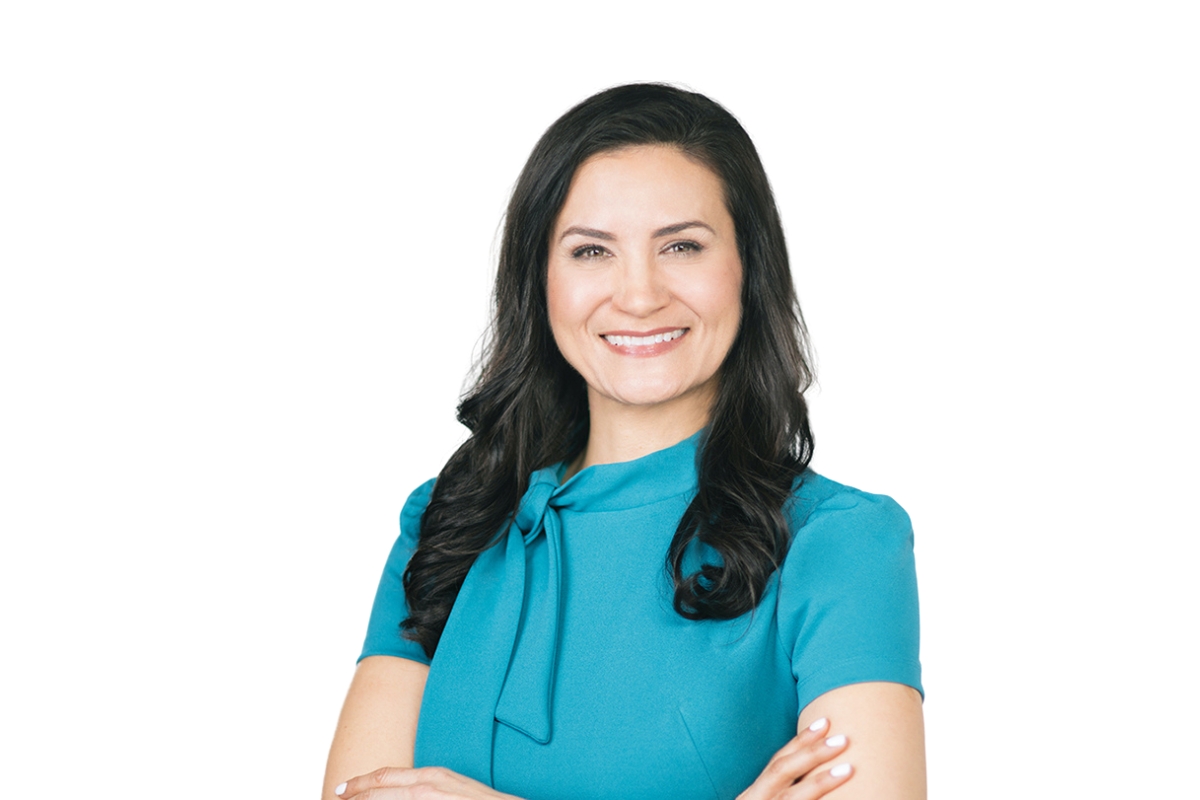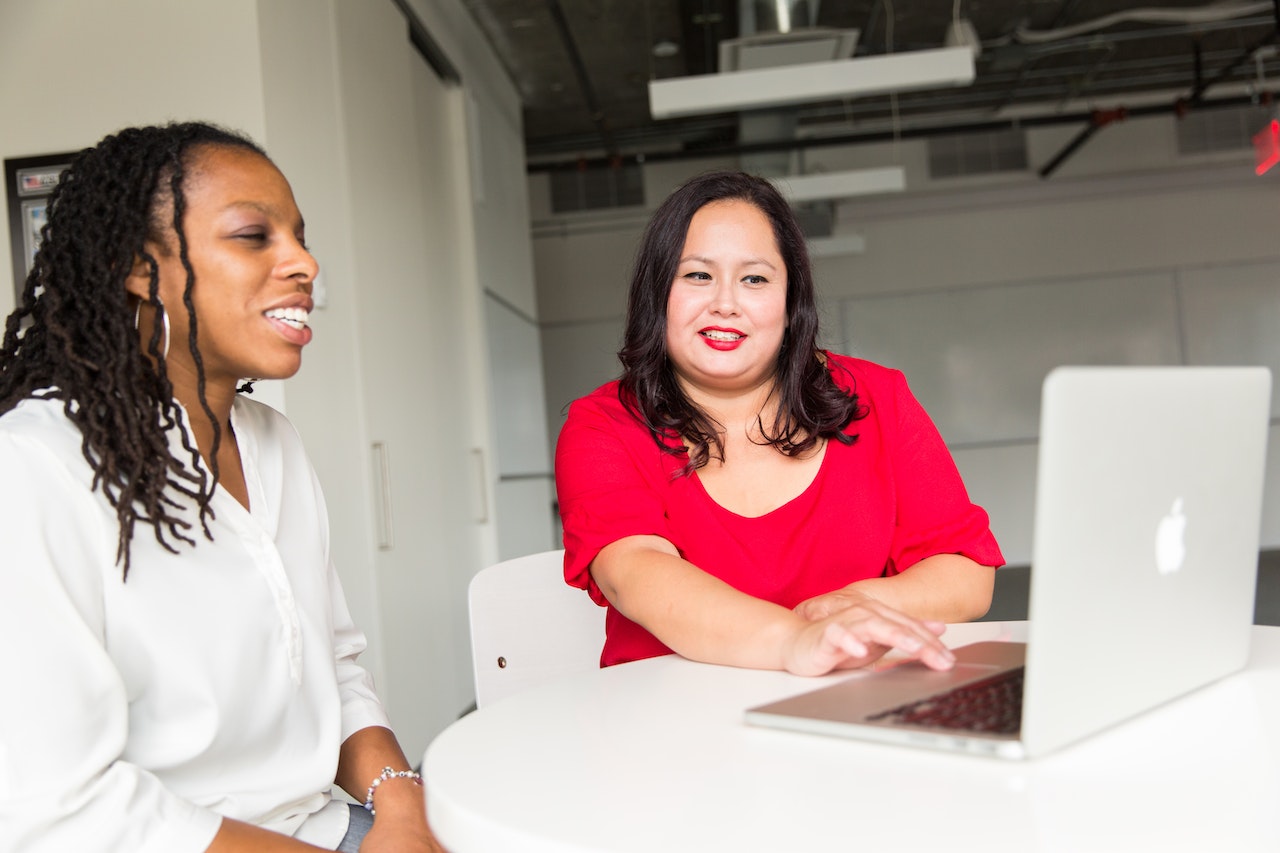At Zindi, it’s all about harnessing the power of data for social good.
Celina Lee, founder, and CEO of Zindi, once worked in a corporate setting in New York, where she quickly realized she wanted something more meaningful out of her career. In 2002, she turned her sights to becoming a Peace Corp volunteer in Panama and continued working in international development with nonprofits and multilateral organizations.
She always wanted to enter the tech sector, given that she obtained a Bachelor of Science in Applied Mathematics with a minor in Computer Science from Columbia University, and a Master of International Affairs.
It wasn’t until 2018 that innovation and tech became the real centre of her efforts, as CEO and Co-Founder of Zindi, the leading professional network of data scientists in Africa. But it’s more than just an online platform with a community of 50,000 young data scientists — she says it’s equally about harnessing the power of data for social good.
“How could we use data in more impactful ways? How could we borrow from other sectors — more tech driven sectors — to use those solutions to really drive the social impacts we were trying to get to?” she asked herself.
In the first few days of launching, the platform crashed because Zindi had so many sign ups. “Immediately, people just took to this idea of an African data science community — the first of its kind. People took a lot of pride in being a part of this type of community.”
It’s not uncommon for companies to house massive amounts of data, and Zindi wants to generate value out of it. Lee added, “But they don’t always know how to get access to the skills, the people, and the solutions that they need.”
Zindi provides that very pool of talent. “Members are looking for the chance to build up their skills in this globally competitive field. Looking for the opportunity for real problems they can solve, connect with each other to build up a community, and connect with organizations that are looking for them,” she says. “We are thinking of it like LinkedIn but specialized for sciences.”
Each tech challenge represents a real-world problem, with a focus on machine learning and AI solutions. One example might be figuring out an efficient way for detecting credit card fraud.
“For companies, it’s also a unique opportunity to tap into this previously unknown group of people all in one place … companies like Microsoft, Google, Invidia … recognize there are huge opportunities on the Continent. Africa has the largest working age population in the world. The people at Google told us they knew they had to talk to us if they wanted to reach the data scientists because they knew that Zindi hosts the ecosystem.”
Venture capitalists from Silicon Valley are starting to take note, she says, that certain markets in Africa are already making waves as tech hubs, such as Nairobi, Kenya; Lagos, Nigeria; and Cape Town, South Africa.
“Part of it is that the innovation coming out of Africa is unique and has tremendous value to the entire global ecosystem. That’s one of the reasons we were driven to create Zindi. Personally, even I recognized that for AI or any tech to live up to its full potential, it’s to ensure everyone has a seat at the table — especially if the technology is going to end up impacting all of these people. What better way than to involve them in the process?”
Africa, for example, could solve a challenge with current AI facial recognition software. She says it tends to be less accurate with people of colour. “It’s a problem when video camera imagery is being used as criminal evidence, and mistakes can be made,” she says. “The point is, that for AI to have a full positive impact, we need to make sure everyone has a chance to contribute.”
Recently, Zindi was featured by Google DeepMind — one of the leading AI companies in the world. Deep Mind recently sponsored a challenge on Zindi to crowd source algorithms that would perform facial recognition on sea turtles, which would eliminate the need for tagging sea turtles. “So, it really benefits conservation efforts,” she says. “The solutions were really cool. We made those publicly available to the field. Deep Mind recently did a whole write-up of the experience.”
Whether it’s weeks, months, or years, there are bound to be major disruptions from the collective minds of 50,000 young data scientists in Africa. And we have Celina Lee, her colleagues, and Zindi to thank for it.
Dave Gordon | Contributing Writer



















